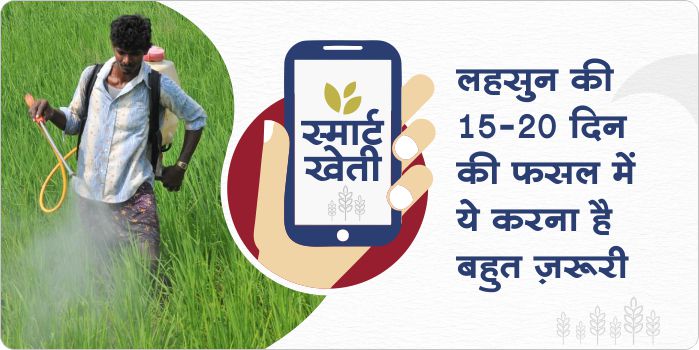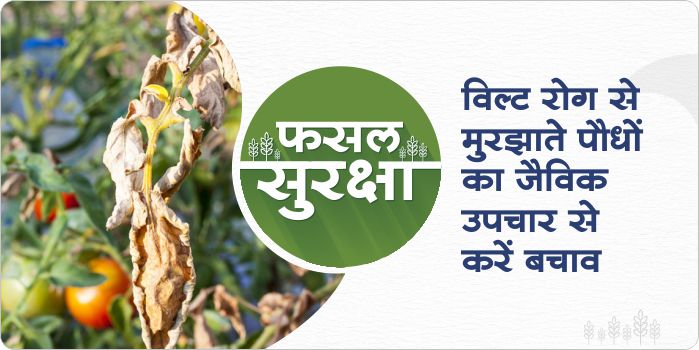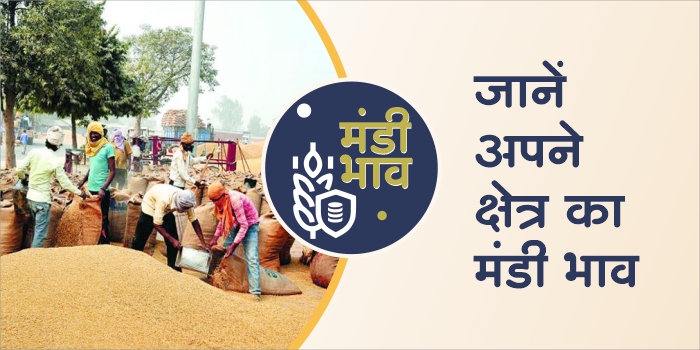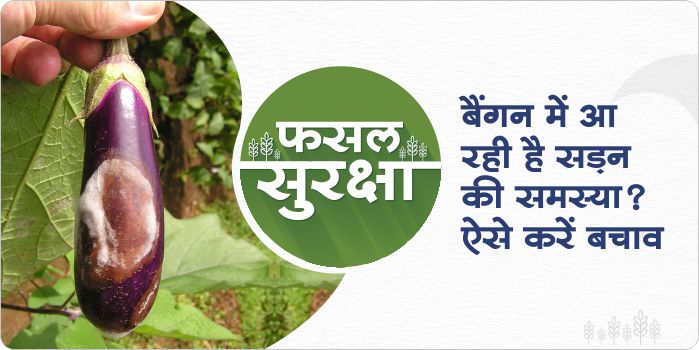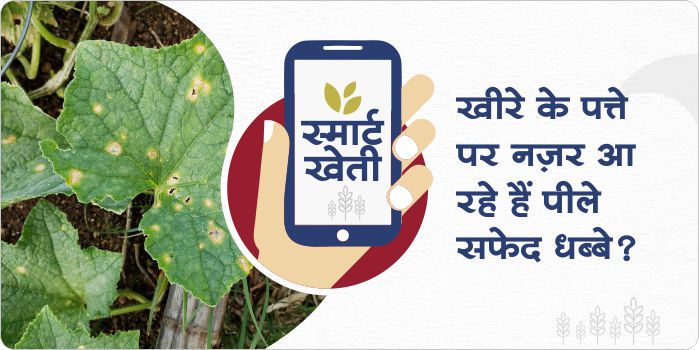On the 75th anniversary of the Food and Agriculture Organization (FAO), PM Modi dedicated 17 varieties of recently developed crops to the nation. All these varieties have been developed recently by the agricultural scientists of the country.
A variety of 17 new seeds of several crops including wheat and paddy are being made available to the farmers of the country. Let us know about these seed varieties.
- Wheat – HI-1633 (HI 1633), HD-3298 (HD-3298), DBW-303 (DBW-303) and MACS-4058 (MACS-4058).
- Rice – CRDhan-315 (CR Dhan-315).
- Maize – LQMH-1 (LQMH-1), LQMH-3 (LQMH-3).
- Ragi – CFMV-1, CFMV-2 (CFMV-2).
- Sava – CLAV-1.
- Mustard – PM-32.
- Groundnut – Girnar-4, Girnar-5 (Girnar-5).
- Yam – DA-340) and Srinilima (Srin Neelima).
Source: Kisan Samadhan
Share


